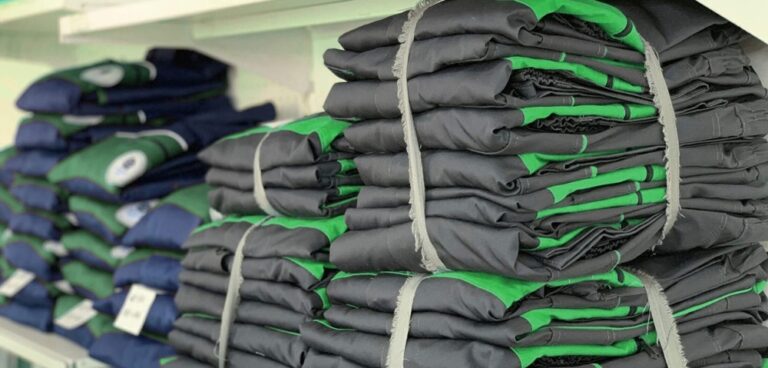It’s certainly not news that identity fraud remains one of the biggest threats in the UK. In the last 12 months, business leaders estimate that identity fraud has on average cost their business £398,520, with a total of over £609.8 million stolen through fraud and scams in the first half of 2022.
Increasing fraud types
Such is the concern over the rapidly rising numbers in fraud cases, that UK Finance is urging that it must be considered a national security threat, as some fraud types have increased and criminals continue to adapt their methods.
From employee impersonation and faulty products being sold on the black market to stolen IDs and data breaches, criminals have been relentless in targeting and defrauding organisations across every sector. While much of it is all part of the rising tide of cybercrime, one type of fraud which is being erroneously overlooked by businesses is through branded products.
Why brand protection is king
A business’ brand is its own fingerprint; it’s what sets it apart from the rest. It is its stamp of quality, on which customer loyalty is built. Brand protection is vital for any business – but if its redundant or obsolete branded goods fall into the wrong hands, this can lead to identity fraud, counterfeit goods, and the tarnishing of a business’ reputation.
Safe and responsible disposal
There are ways to avoid this from happening, and one viable method is for firms to destroy any unwanted branded products – whether clothing, uniforms or other merchandise – ensuring that they are not able to be used or exploited. While this prevents serious damage to the organisation, disposing of them responsibly means that it is also being ethically accountable as a business by reducing landfill waste and enabling reuse of raw materials where possible. This isn’t something businesses have to do alone – but it’s essential they treat branded items as confidential information. Through using industrial equipment, crosscut technology and a variety of shred size options, a recycling and waste management specialist offering a confidential product destruction service will work with companies, taking equal responsibility, to destroy their items and keep their brand protected.
What types of branded products can be collected and destroyed?
Examples include (but are not limited to):
- Faulty, redundant & out of date products
- ID cards & security passes
- Uniforms, corporate clothing & accessories
- Counterfeit & confiscated goods
- Sample prototypes
- Branded goods
Don Robins, Managing Director of Printwaste, also advises: “It is recommended that staff collecting a business’s branded uniforms, clothing or other labelled products are also BS7858 security vetted, in order to safely transfer the confidential material onto a GPS tracked shredding vehicle, where they will be transported back to a high-security shredding facility for destruction. After shredding has taken place, a Certificate of Destruction will be given to the company to confirm safe destruction of the data, in compliance with European standard BS EN 15713.
“Destroying an organisation’s branded products provides assurance to them that they are not going to be abused, as well as keeping its reputation intact and preventing criminal activity.”
Waste-to-Energy
The other major benefit of branded product shredding is that the shredded clothing, as well as other destroyed branded items, will be sent on to a Waste-to-Energy (WtE) plant after all recyclable elements are removed from the destroyed material. Here, they will be used to create electricity (after shredding, the fabric fibres are too weak to be woven together again and recycled). WtE is a process which generates electricity and/or heat from the incineration of waste. It’s considered a form of renewable energy and is an effective way of treating waste to save the majority of it going to landfill.
By recycling responsibly, this helps businesses contribute towards their sustainability goals.
About Printwaste
Established in 1983, Printwaste is a recycling, confidential shredding, compliance and waste management specialist, which has evolved to meet the needs of the marketplace, changes in legislation and the requirement to protect the environment. It provides a range of solutions to thousands of companies across the UK, helping customers become a zero-to-landfill business.

